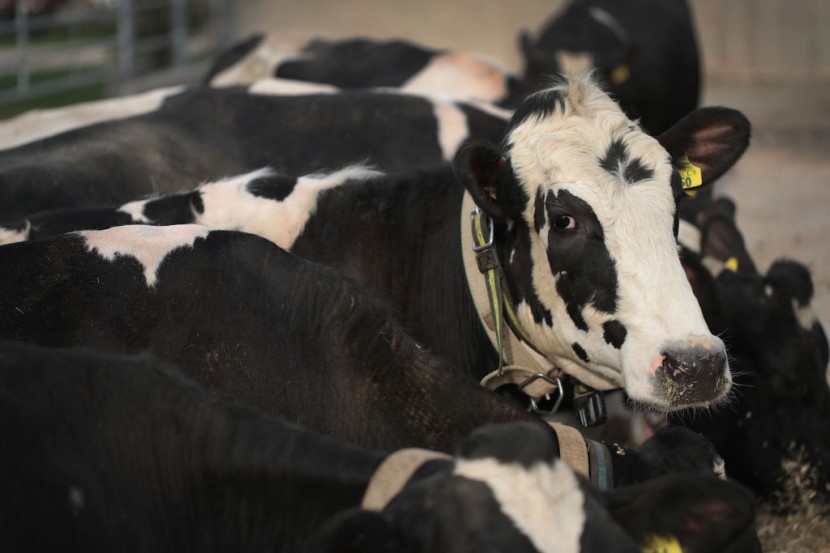
Scientists have found traces of the influenza A virus in wastewater samples across 18 states — leading to increased concerns that cattle throughout the country are infected with avian flu.
Avian flu — also referred to by the scientific name H5N1 — has been found in more than 30 herds of cattle across nine states. It's possible, however, that the virus is even more widespread than that.
Recent tests found non-infectious genetic material from H5N1 present in 20% of milk sampled at a grocery store. The USDA has also announced that it will begin testing retail ground beef to determine "whether any viral particles are present." Lactating dairy cows are also required to test negative for the virus before they can move between states.
In its current form, avian flu poses a limited risk to humans. There are only two reported cases of people contracting the virus in the United States. The CDC is monitoring the H5N1 outbreak, however, because there is a possibility that the illness could change and become more infectious.
The avian flu does continue to pose a threat to both wild and domesticated animals. More than 90,000 poultry and 9,000 wild birds have been impacted by the virus. A University of Minnesota analysis also suggests that the illness is causing inflammation in cows' udders that could contribute to a drop in milk production.
While wastewater tests can give some indication about the presence of influenza viruses, researchers can't necessarily distinguish H5N1 from other strains of the flu.
"If dairy industry activities in these sewersheds are a primary source of H5 in wastewater, this suggests that there may be additional, unidentified outbreaks among cattle with milk sent to these facilities since milk from infected animals is required to be diverted from the food supply," researchers wrote in a paper co-authored by scientists at Stanford and Emory.
© 2026 HNGN, All rights reserved. Do not reproduce without permission.








